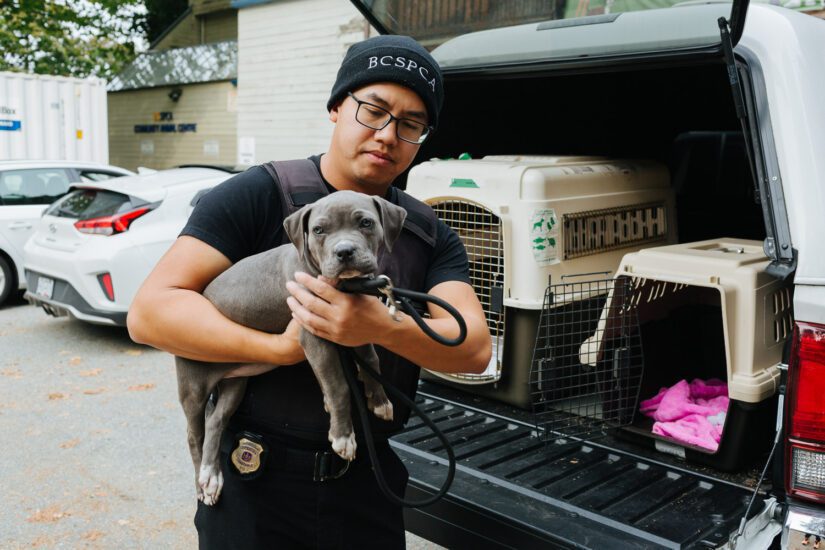Animal protection
A ban (or prohibition) on owning animals is one of the most effective ways to prevent someone who has been convicted of animal cruelty from simply acquiring more animals.
Prohibitions are enforced in part through public reporting and in part through BC SPCA Animal Protection Officers monitoring. Given the media attention that often follows a person’s conviction of animal cruelty and ban on owning animals, we often find that neighbours or people living in the same community as the former animal owner are more than happy to report to us should this person obtain new animals. Our Animal Protection Officers also do random inspections when possible.
If you are aware of someone who has a ban and you know that they also own or care for an animal, please call the BC SPCA Animal Helpline: 1-855-622-7722.
Learn more about our cruelty investigations.
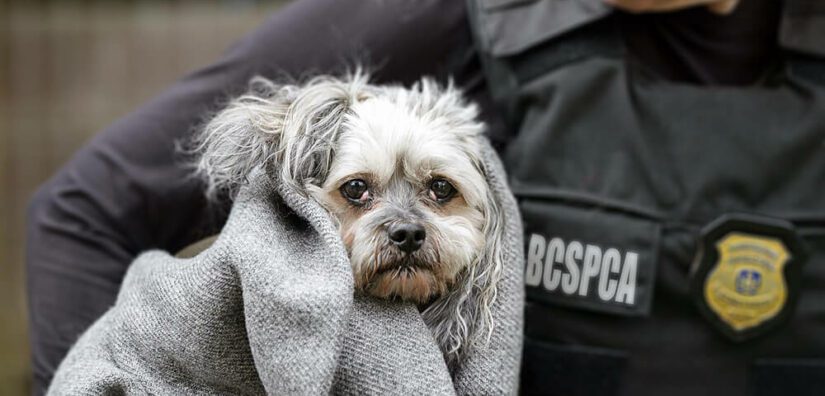
The BC SPCA derives its powers to investigate and take action in instances of animal cruelty from the Prevention of Cruelty to Animals Act (PCA Act).
We are the only animal welfare organization in BC that has the authority to enforce laws relating to animal cruelty. Our Animal Protection Team can also recommend charges under both the PCA Act as well as the Criminal Code of Canada to Crown Counsel for the prosecution of individuals who inflict suffering on animals.
In order for us to recommend charges to Crown Counsel, it must be in the public’s interest to prosecute, and there must be a substantial likelihood of conviction. Ultimately, it is Crown Counsel’s decision on whether or not charges are pursued.
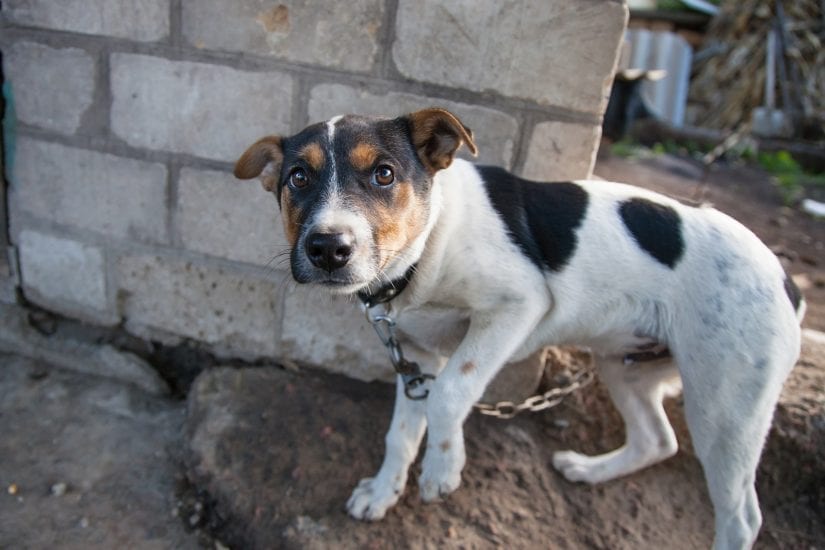
If the animals in question are not in distress or the owner has taken the necessary steps to relieve the distress, the BC SPCA has no lawful authority to remove the animals.
The animal protection officer may check back in with the owners to view the animals within a set time period, however our officers cannot continually monitor a particular animal (and owner) without reasonable grounds to do so. We rely on members of the public to be our eyes and ears and to report concerns to us if/when they observe any animals in distress.
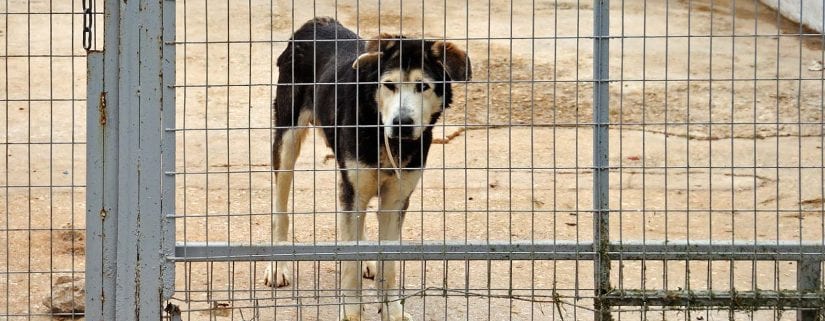
B.C.’s Prevention of Cruelty to Animals Act (PCA Act) outlines generally accepted practices of animal management as a reason by which distress is legally acceptable.
Generally accepted practices of animal management are ways of handling or caring for animals that are commonly used by those responsible for them. Sometimes these practices still cause pain, suffering and distress to animals. If the practices haven’t been written down in any official document, it is up to experts like veterinarians and leaders in the relevant industry (such as animal farming, sled dogs, animal breeding or horse racing) to give expert testimony in court when there is an animal neglect or cruelty case.
Animals are better represented when practices are written and agreed to by a committee of experts that includes animal welfare experts. We call these documents ‘standards’ or ‘Codes of Practice‘. In Canada, the National Farm Animal Care Council coordinates the development of the Codes of Practice for the care and handling of farm animals. The Codes of Practice are nationally developed guidelines that serve as our national understanding of animal care requirements and recommended practices.
In 2019, the Codes of Practice were included in provincial law – through the adoption of the Animal Care Codes of Practice Regulation under the PCA Act. This means that the Codes of Practice for some industries now serve as the minimum standard for what is considered to be a ‘reasonable and generally accepted practice’ of farmed animal care in B.C.
For example, science shows that castrating (neutering) cattle is painful at any age. However, the Code of Practice only requires farmers to use pain control on animals over six months of age. Despite the fact that castrating without pain control causes pain and distress, farmers cannot be charged with animal cruelty for this distress because this is a ‘generally accepted practice’.
In order to better protect animals, it is important to continue to strengthen standards and Codes of Practice, so that generally accepted practices better align with science and societal values of how we should treat animals.
Read more about laws for farmed animals.
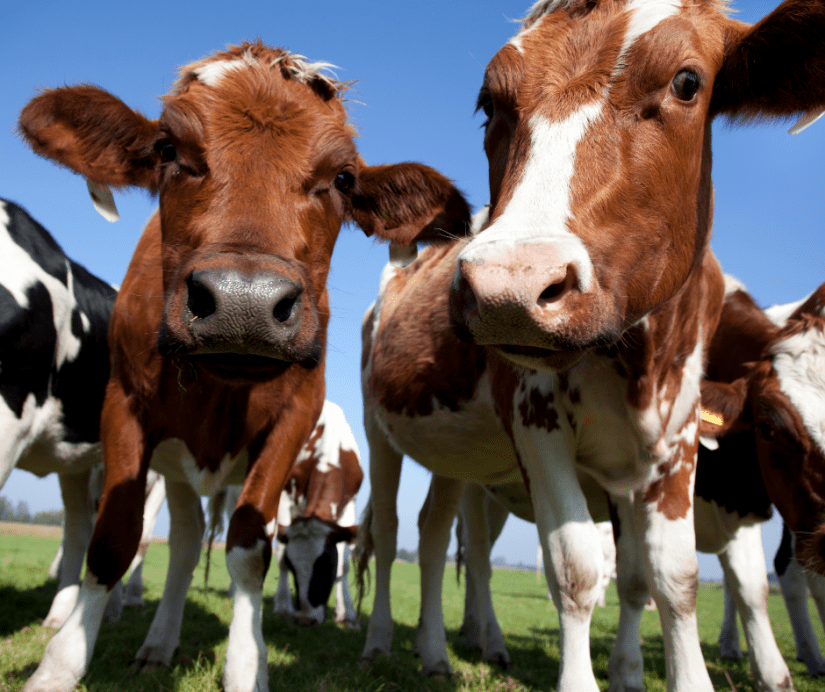
When the BC SPCA seizes an animal, the animal guardian is provided with a Notice of Disposition, which details the procedure for disputing the seizure. Anyone wishing to dispute a seizure must do so in writing within 14 days of receiving the Notice of Disposition. If the animal guardian does not dispute the seizure within 14 days, the BC SPCA will gain custody of the animal. However, the animal guardian will be responsible for the costs of care of the animal while in our care.
If the animal guardian disputes the seizure, the BC SPCA’s Chief Prevention and Enforcement Officer will review and consider the case, and will decide whether to return the animal (based on the animal’s best interests) under some type of care agreement.
If the decision is made to refuse to return the animal, the animal guardian has the right to appeal the decision to the BC Farm Industry Review Board.
The BC SPCA does not have the lawful authority to close facilities, businesses or operations. Our Animal Protection Officers must investigate in accordance with the PCA Act and follow procedures and protocols for investigation, which include working with the owners to relieve animals of any distress. If the owners are unable or unwilling to relieve distress, our Animal Protection Officers may apply for a warrant to seize the animals.
As BC SPCA Animal Protection Officers enforce the Prevention of Cruelty to Animals Act (PCA Act), they must act in accordance with the legislation. The PCA Act does not permit BC SPCA Animal Protection Officers to search for evidence or remove animals without a warrant.
Many investigations can be conducted without a search warrant. Upon respectful request, animal guardians will usually permit us to view their animals and, if the animals are in distress, guardians often comply with notices provided.
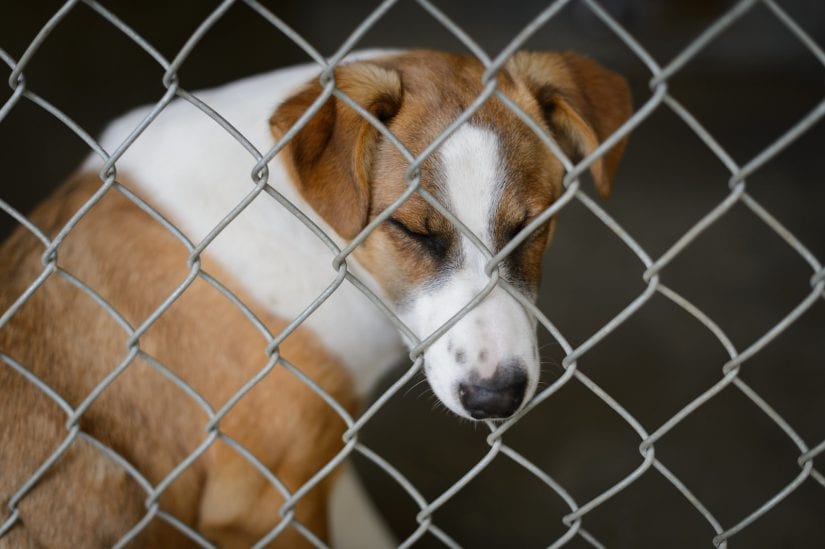
It is only when our Animal Protection Officers are denied access to the animals, or if the guardians are unable or unwilling to comply with notices and relieve the distress of the animals, that it is necessary to obtain a search warrant. In order for a warrant to be granted, there must be reasonable grounds to do so and there must be animals in distress or an offence committed against them.
The only time BC SPCA Animal Protection Officers may remove an animal without a warrant is when the animal is in critical distress and not located within a dwelling house.
PCA Act: Authority to enter without a warrant
14 (1) In this section, “critical distress” means distress in an animal of such a nature that
(a) immediate veterinary treatment cannot prolong the animal’s life,
(b) prolonging the animal’s life would result in the animal suffering unduly, or
(c) immediate veterinary intervention is necessary to prevent the imminent death of the animal.
(2) An authorized agent who believes on reasonable grounds that there is an animal in critical distress in any premises, other than a dwelling house, or in any vehicle, aircraft or vessel, may enter the premises, vehicle, aircraft or vessel without a warrant for the purpose of taking any action authorized by this Act to relieve that critical distress.
Further, the Canadian Charter of Rights and Freedoms states that everyone has the right to be secure against unreasonable search and seizure. If the BC SPCA performed an unreasonable search, it would have serious consequences for the outcome of the case, the animal(s) involved and the Animal Protection Officers performing the search.
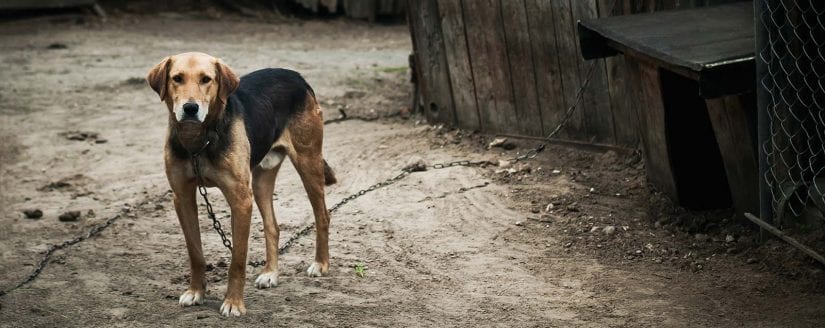
The BC SPCA has a legal obligation to provide animal guardians with “an opportunity to relieve the animal’s distress.”
The objective of every investigation is to relieve and prevent the distress of an animal through education, cooperation and, if necessary, prosecution under the law.
Initially, an investigator may issue notices to a guardian that he must seek medical attention for his animal. Notices can also apply to an animal’s environment, such as building a raised and insulated shelter.
The investigator will give the animal guardian a time-frame for compliance, and if he or she fails to comply with notices, the investigator can either issue further notices allowing the guardian more time, or apply for a search warrant to seize the animal.
Acting under the law, the BC SPCA is not empowered to remove animals from private property without a search warrant unless those animals would not survive without immediate medical intervention.
Animals may be lacking adequate food, shelter and veterinary care, or even be sick and in pain, but unless they are in immediate danger of dying they are not in critical distress under the law.
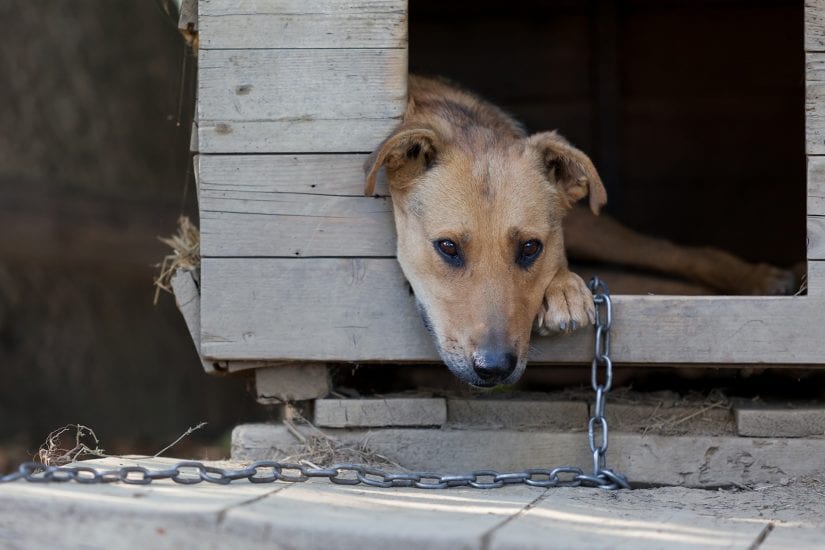
While the BC SPCA is the only animal welfare organization in BC that can recommend charges under both the Prevention of Cruelty to Animals Act (PCA Act) and the Criminal Code of Canada, it is up to Crown Counsel to prosecute and for the judge to determine sentencing upon conviction.

Penalties for individuals convicted under the PCA Act or Criminal Code are as follows:
- A person who commits an offence under the PCA Act is liable on conviction to a fine not exceeding $75,000 or to imprisonment for a term not exceeding two years, or to both.
- Under the Criminal Code, a person who commits an offence directly related to one of the sections on animals: is guilty of an indictable offence and liable to imprisonment for a term of not more than five years; or an offence punishable on summary conviction and liable to a fine not exceeding $10,000 or to imprisonment for a term of not more than 18 months or to both.
